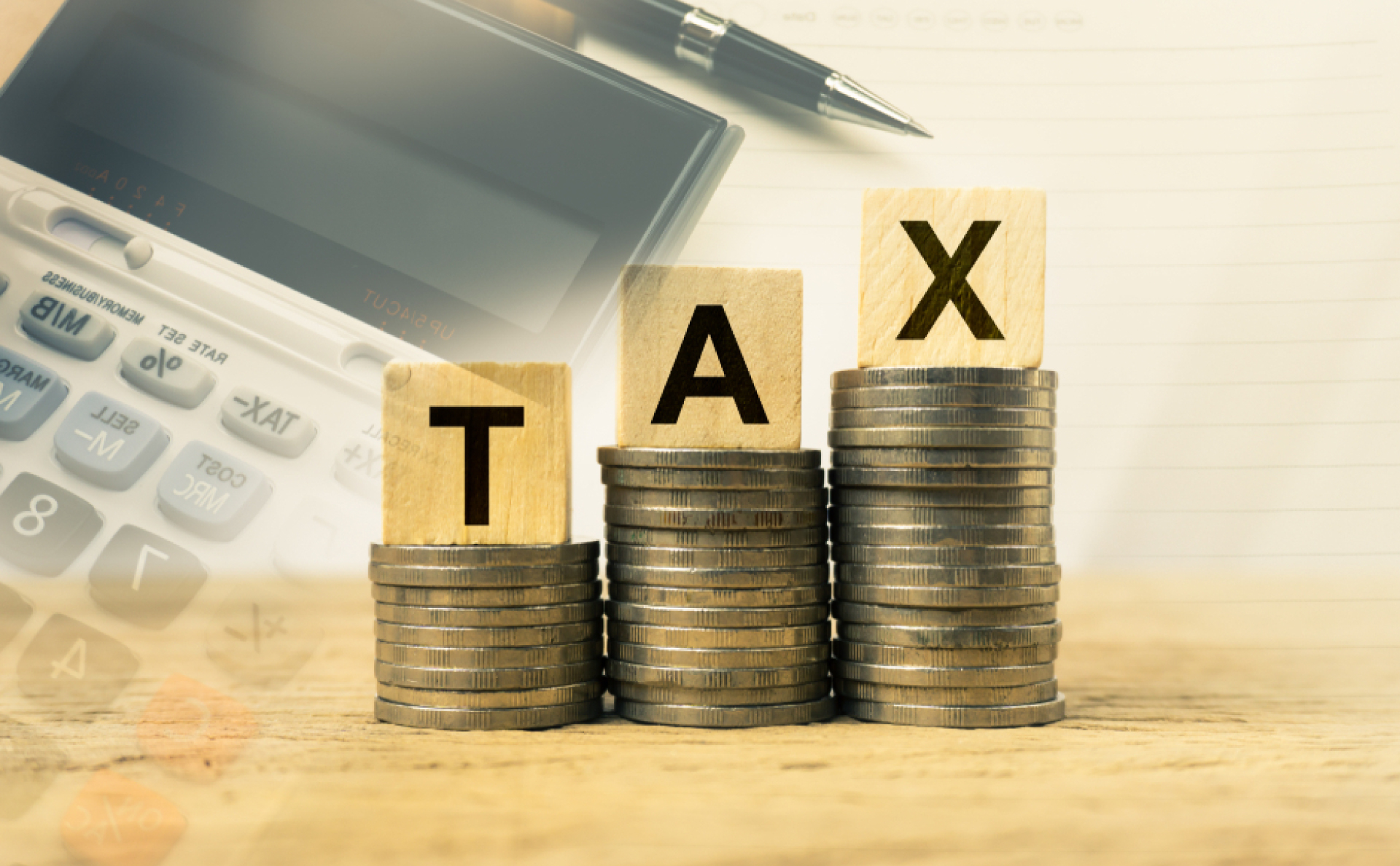In an effort to combat cigarette consumption in Pakistan, experts and health advocates are strongly advocating for the implementation of a single-tier tax structure on cigarettes in the forthcoming budget (2024-25).
Health activists are endorsing the International Monetary Fund’s (IMF) position, stressing the urgent need for a comprehensive overhaul of tobacco taxation policies within Pakistan. The IMF’s Technical Assistance Report titled “Pakistan Tax Policy Diagnostic and Reform Options,” released in February, highlights a significant 20-25 percent decline in cigarette consumption in response to substantial price increases of tobacco products.
Experts emphasize that these findings underscore the necessity of aligning tobacco taxes with the World Health Organization’s (WHO) guidelines. They urge the government to transition to a Single Tier Tobacco Taxation System and abolish the existing dual-tier system for both local and imported cigarettes.
The IMF’s advocacy for heightened taxation on tobacco products not only aims to reduce cigarette consumption but also seeks to enhance government revenue. By implementing uniform excise rates and bridging the gap between local and foreign cigarette manufacturers, Pakistan can streamline its taxation system and mitigate healthcare costs associated with tobacco-related illnesses.
As the seventh-largest tobacco-consuming nation globally, Pakistan ratified the Framework Convention for Tobacco Control (FCTC) in 2004 to regulate tobacco use. The WHO underscores the importance of robust tax measures in reducing tobacco consumption, particularly in low- and middle-income countries, by increasing tobacco prices.
However, the cigarette industry has consistently opposed tax hikes, disregarding the health implications associated with the affordability of cigarettes, they added.




